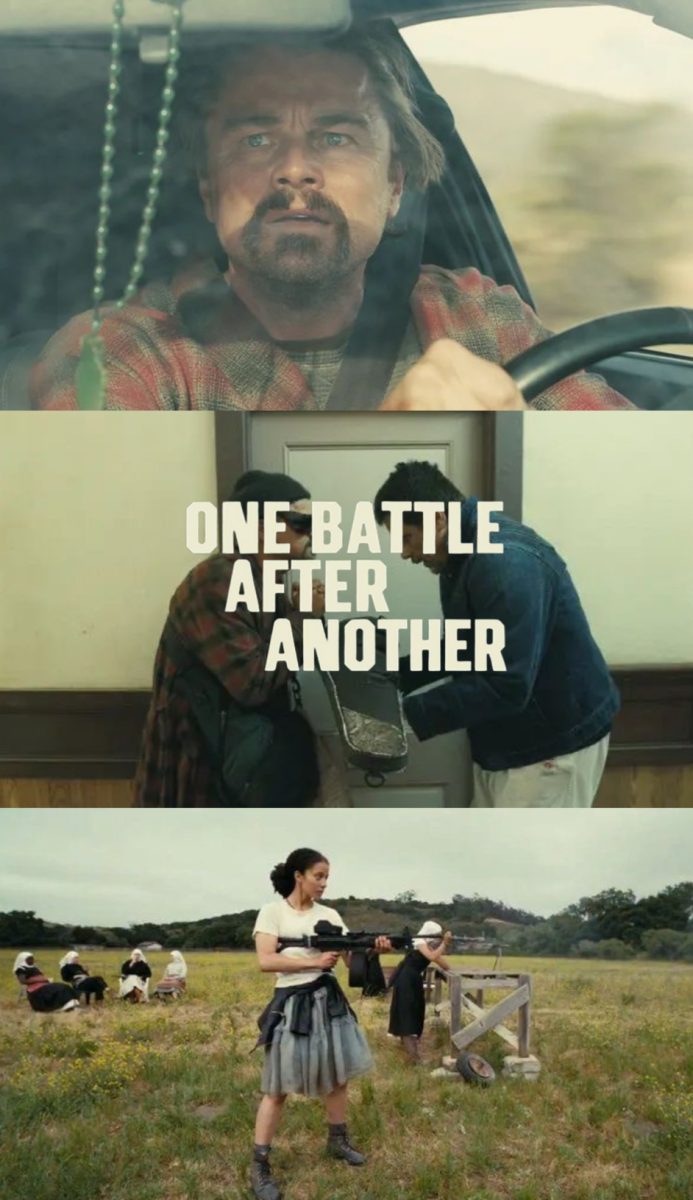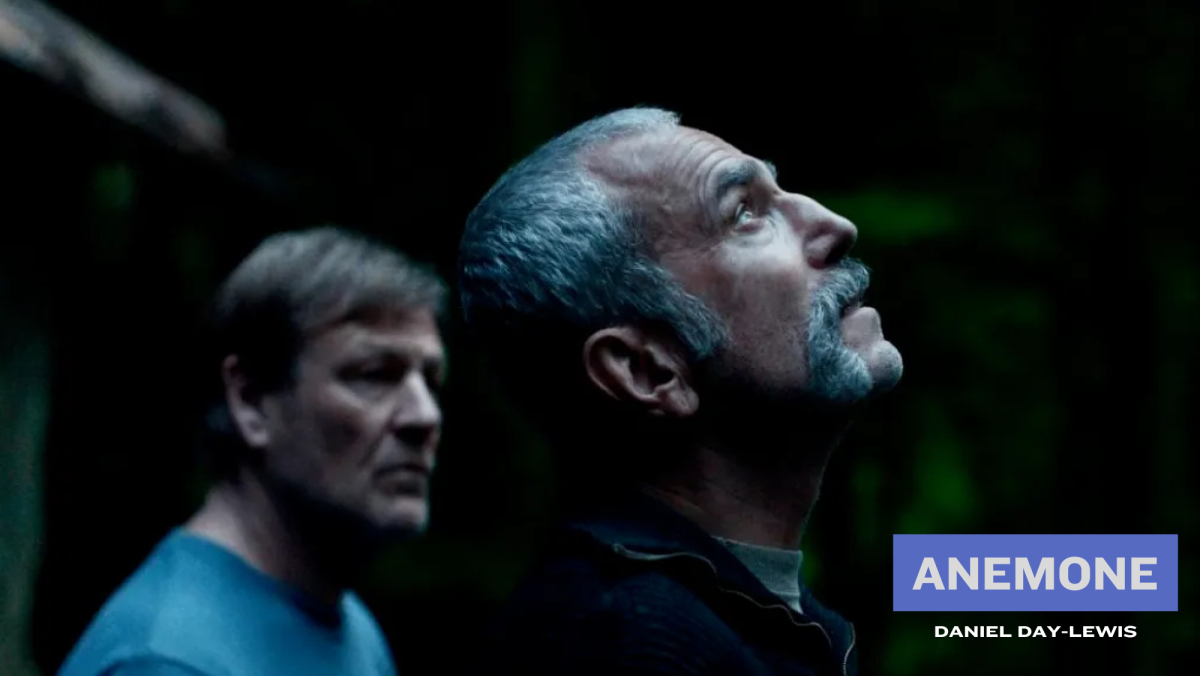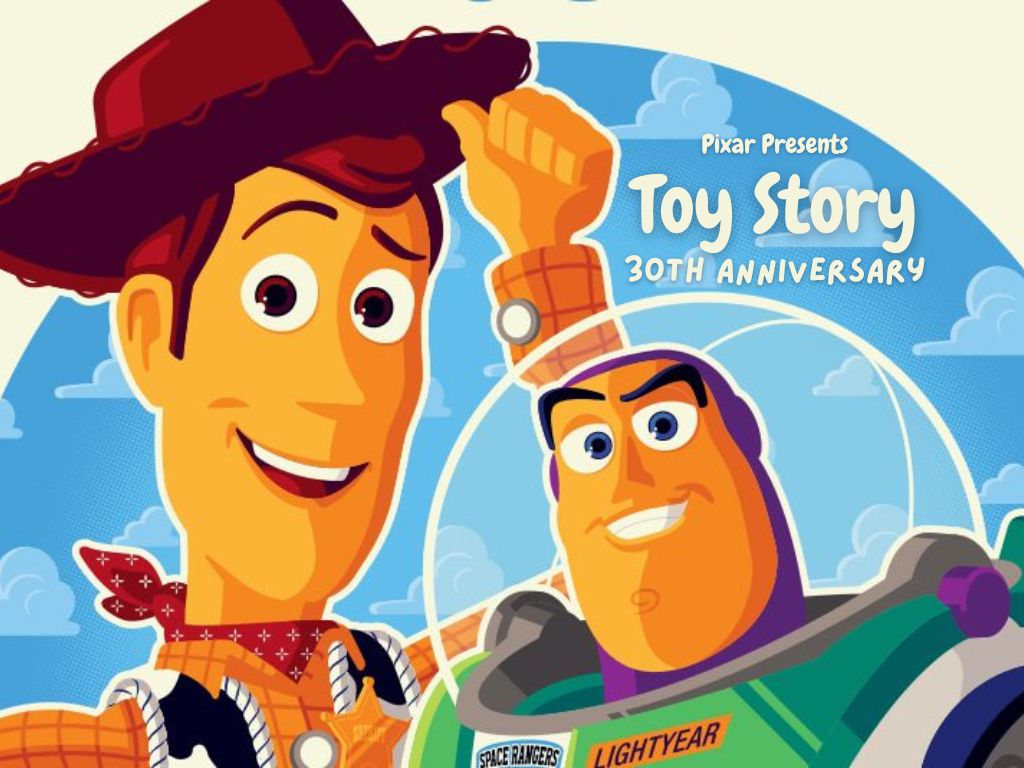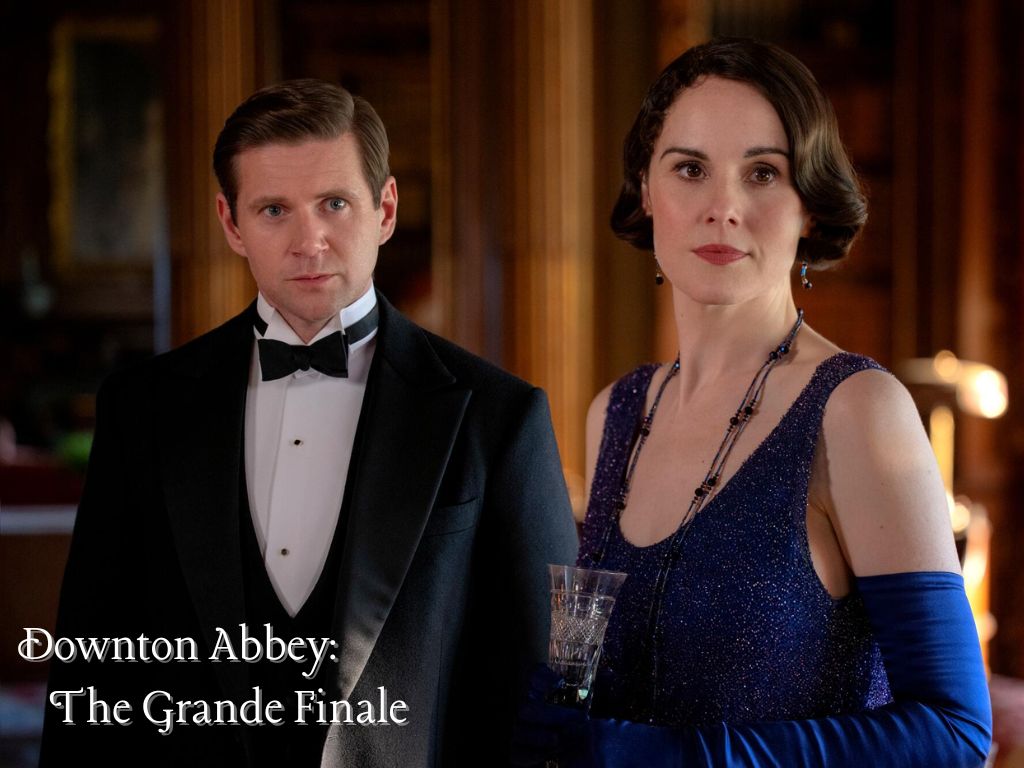Based on the 1925 novel of the same name by F. Scott Fitzgerald, The Great Gatsby, directed by Baz Luhrmann, is certainly an ambitious film worthy of critical praise. However, the adaptation of modern cinematography and stunning visuals seems to have distracted from Fitzgerald’s original intentions of this classic story. Still, Gatsby made some bold and successful moves that will allow any movie-goer to be quite pleased with the film. Those who will always remember reading the novel in grade school will be delighted to see a vibrant and modern portrayal of the roaring twenties and memorable characters. Despite all of this, The Great Gatsby is a fantastic film with major flaws.
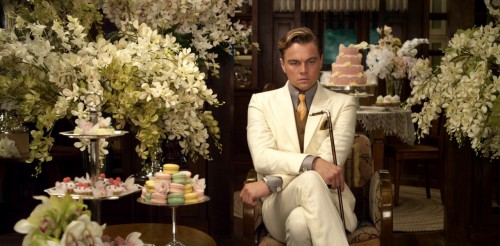
At the start of the film we meet the narrator, Nick Carraway, played by Tobey Maguire, as he recounts his experiences living in New York next door to millionaire, Jay Gatsby, played by Leonardo DiCaprio. Carraway observes Gatsby’s many luscious and exuberant parties from his small cottage just over the fence from Gatsby’s mansion. Gatsby is also in love with Nick’s cousin, Daisy Buchanan, played by Carey Mulligan, and continues to persuade her to leave her husband Tom, played by Joel Edgerton and live across the bay with him.
Let’s start on a positive note. The representation of the time period in this film was remarkable in every way. The costumes, the setting, and even the music were all well-chosen, especially during the party scenes at Gatsby’s mansion. Despite choosing to play modern day music instead of the stereotypical jazz commonly heard during the twenties, the film was not hurt, rather enhanced. Even a cover of Beyoncé’s “Crazy in Love” did not seem out of place. All in all, the visual aspect of this film is stunning and worth seeing if for no other reason.
Some of the characters, though, were poorly represented. Most obviously, the character of Nick Carraway is changed dramatically from the original novel which, in turn, changes the atmosphere of the entire film. The novel paints a picture of a very different Carraway; one who is a quiet and reserved bystander to the events in the story. Luhrmann’s version portrays him as someone who is much more aware of himself and involved in what is going on around him. In fact, the entire film is essentially a flashback in Nick’s memory as he re-tells his experiences to a therapist. In the novel, it is not until the very end when Nick realizes what he has seen and thus starts to realize who he is and where he lives. The film brings that information into the character from the start, which seems to damage the original artistic integrity.
Carey Mulligan’s character, Daisy Buchanan, is also among those misrepresented. The scene at the Crown Plaza Hotel is one of unbearable tension in the novel because of Daisy’s hidden fears. But, in the film, especially during this scene, she is overly bold and confident, removing a great deal of the tension in the room. Choices like this are made with Daisy throughout the film. Whether they were made by Mulligan or director, Baz Luhrmann, is unclear, but someone is at fault.
While Mulligan and Maguire gave satisfactory performances, others did an outstanding job. Most notably, Elizabeth Debicki as Jordan Baker, and of course, Leonardo DiCaprio as the title role. So, on to the elephant in the room. Will DiCaprio finally earn his much desired Academy Award for playing Jay Gatsby? It’s hard to say. In the first half of the film, other than giving a troubled accent on the over-used phrase “Old Sport,” DiCaprio does nothing note-worthy. However, in the second half, when Gatsby begins to break down, DiCaprio’s performance turned completely around and blew away the audience; that alone is worth his Oscar.
As to whether or not the film will go down in history and be remembered forever is up to the loyal fans.



